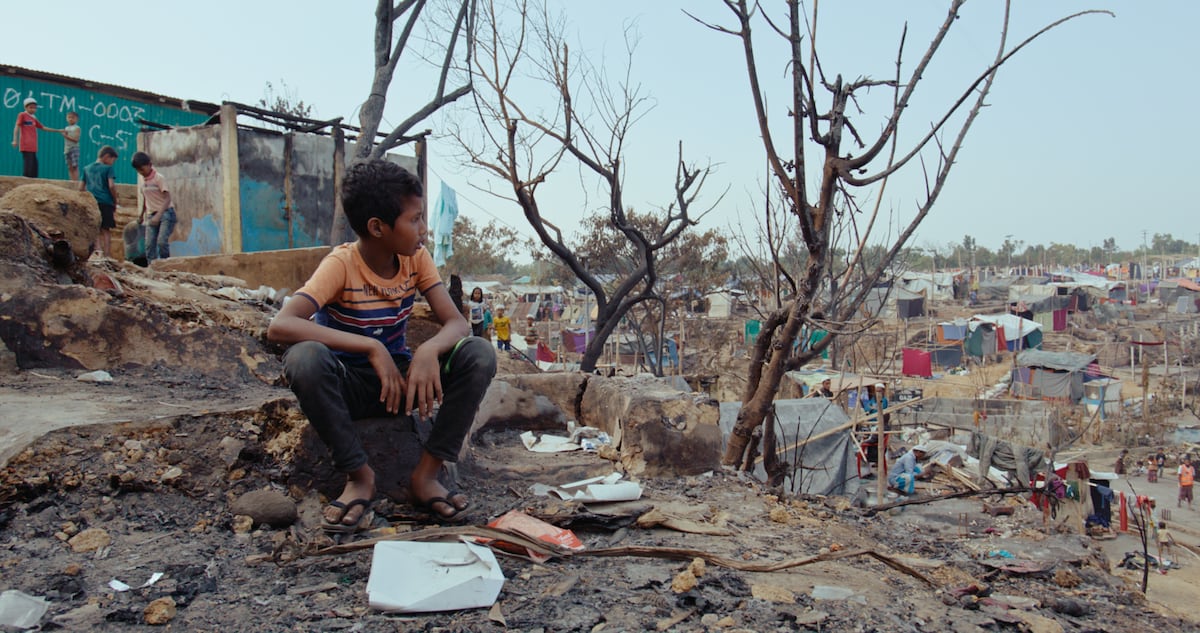Enlarge image
Lettering »Welcome Class« on a school blackboard: fewer jump to high school
Photo: Britta Pedersen / picture alliance / dpa
Depending on the federal state, they are called international preparatory classes, welcome classes or DaZ centers for »German as a second language«.
But they all have one thing in common: Refugee children keep to themselves in these classes.
A study by the Leibniz Institute for Economic Research in Essen (RWI) shows that this is – at least for elementary school children – disadvantageous for further education.
For the analysis, data from the Hamburg Authority for Schools and Vocational Training from the years 2013 to 2019 were linked to the results of standardized tests.
Primary school children who first attend a preparatory class instead of a regular class show poorer performance, according to the evaluation.
This applies above all to the subjects of mathematics and German, the RWI announced on Monday.
These children were also less likely to make the leap to high school.
more on the subject
How German schools take in Ukrainian children: From the war zone to the welcome classBy Silke Fokken
Forsa survey: Every second teacher has refugee Ukrainian children at their school
Lack of space in schools: "Our teaching capacity is exhausted" by Swantje Unterberg
Children who first attended a preparatory class achieved significantly worse results in standardized tests in the fifth grade than refugee children who were integrated directly into a regular primary school class and in some cases had additional German lessons.
Integration for educational opportunities
In Hamburg, up to 1,200 primary school children attended separate preparatory classes during the study period.
The focus here is on German lessons.
After a year, the children usually switch to a normal class.
However, because of the large number of refugees, not all children could be taught in preparatory classes, reports the RWI, so the researchers had comparative data from refugees who went directly to a regular class.
"The results of our study indicate that the direct integration of newly immigrated primary school children into regular classes promotes their school performance more than attending preparatory classes with intensive German lessons," says RWI scientist Lisa Sofie Höckel.
She calls for children to be integrated into regular classes as quickly as possible in order to »open up the greatest possible educational opportunities« for them.
However, most federal states rely on separate lessons for children and young people without knowledge of German - although this approach is controversial, at least for younger pupils.
Most countries separate
At the beginning of the Ukraine war, the Standing Scientific Commission of the KMK, a body with 16 experts, recommended that primary school children and the lower years of secondary schools be admitted to regular classes if possible.
A few years ago, Hamburg went back to integrating children in the first two grades directly, only from grade 3 onwards is there an initial separation;
NRW and Lower Saxony let the schools decide, Thuringia relies entirely on integration.
According to an overview by the “Media Service Integration”, this is also the case in Rhineland-Palatinate, Saarland and Mecklenburg-Western Pomerania.
sun/AFP





